-
Doctors
-
Specialities & Treatments
Centre of Excellence
Specialties
Treatments and Procedures
Hospitals & Directions HyderabadCARE Hospitals, Banjara Hills CARE Outpatient Centre, Banjara Hills CARE Hospitals, HITEC City CARE Hospitals, Nampally Gurunanak CARE Hospitals, Musheerabad CARE Hospitals Outpatient Centre, HITEC City CARE Hospitals, Malakpet
HyderabadCARE Hospitals, Banjara Hills CARE Outpatient Centre, Banjara Hills CARE Hospitals, HITEC City CARE Hospitals, Nampally Gurunanak CARE Hospitals, Musheerabad CARE Hospitals Outpatient Centre, HITEC City CARE Hospitals, Malakpet Raipur
Raipur
 Bhubaneswar
Bhubaneswar Visakhapatnam
Visakhapatnam
 Nagpur
Nagpur
 Indore
Indore
 Chh. Sambhajinagar
Chh. SambhajinagarClinics & Medical Centers
Book an AppointmentContact Us
Online Lab Reports
Book an Appointment
Consult Super-Specialist Doctors at CARE Hospitals

Snoring & Sleep Apnea
Snoring & Sleep Apnea
Sleep Apnea Treatment in Hyderabad
Get sleep apnea and snoring treatment at CARE Hospitals in India
Sleep apnea is the most common sleeping disorder in the world. It can disrupt your breathing while sleeping and cause respiratory problems. Sleep apnea is of various types but the most common form of it is obstructive sleep apnea.
It happens when the neck muscles relax and cause restrictions in the airway during sleep. This form of obstructive sleep apnea. Snoring is considered the most common symptom of the same.
People who snore aren’t able to take in the oxygen properly, causing rapid and disrupted sleeping sounds. Snoring is mainly linked to heavy breathing and can be treated if taken proper treatment.
There are many clinical and medical solutions for obstructive sleep apnea. One can use a medical device to get the positive airway pressure and keep the breathing open. These sleep apnea medical devices are CPAP or BiPAP medical equipment.
Both have a mouthpiece that transfers air from the device to the nose and passes to the airways.
If the snoring causing sleep apnea gets worse, people can also opt for surgery.
Symptoms
There are many signs and symptoms related to sleep apnea. If persistent, doctors at CARE Hospitals recommend getting a full diagnosis prior to the treatment-
-
Excessive daytime sleepiness or feeling of fatigue
-
Loud snoring
-
Breathing problems while sleeping
-
Abruptions in sleep like gasping or choking
-
Waking with a dry mouth
-
Waking with a sore throat
-
Morning headache
-
Difficulty concentrating in daytime
-
Mood swings like depression or irritability
-
High blood pressure
-
Decreased libido
Although many of these issues can be due to other underlying causes- like the flu or viral, or just common cold. One should consult a medical professional only when these are persistent. Snoring and breathing difficulty are mainly seen in the cases of sleep apnea.
Remember that snoring is not a sure sign of having sleep apnea. It can be normal for some people to snore. But if the snoring is loud; consult a medical professional in India at CARE Hospitals.
Risk Factors
Anyone can have sleep apnea; it may be due to age, health factors, respiratory illnesses and other health issues. The risk factors of sleep apnea are-
-
Obesity- the fat can disrupt breathing patterns and cause sleep apnea. Obesity can lead to many things like hypothyroidism or polycystic ovary syndrome.
-
Age- It can increase with age. People who are above 60 can experience it at a lower rate than people in their 50s.
-
Narrow airways- Having narrow airways can be hereditary or the tonsils may be responsible for the same.
-
High Blood pressure
-
Chronic cold or nasal congestion- it can occur in people with nasal related congestion.
-
Sex- Men are more prone to sleep apnea than women.
-
Family history
Diagnosis
The diagnosis is conducted with respect to signs and symptoms, physical examination, and tests. A sleep specialist is also consulted along with the procedure.
Physical examinations-
-
Examination of the back of the throat, nose, and mouth is conducted to know extra tissue deposits or abnormalities. The circumference can also be measured to know blood pressure.
-
Sleep specialist conducts other examinations to determine the severity and condition of sleep apnea.
-
Doctors can conduct overnight monitoring to evaluate sleep conditions.
Tests-
-
Polysomnography- This involves knowing the heart, lung, and brain activity along with the breathing patterns, limbs movement and blood oxygen levels. It is monitored all night to keep track. During the test, you may be given a positive airway treatment via CPAP or BiPAP machines. Other sleep disorders can require different treatments. These can be leg movements, or interfered bouts of sleep detected by narcolepsy.
-
Home sleep apnea tests- this is the home version of polysomnography and measures the airflow, breathing patterns and oxygen blood levels. It can also measure snoring levels along with limb movement.
Treatment
If the condition is mild, your doctor may ask you to opt for lifestyle changes like losing weight and quitting smoking. But when the case is severe there can be a series of treatments prescribed by the doctor. These include therapies and surgeries.
Therapies
-
Positive airway pressure- There are machines used to deliver air pressure from the mouth of the airways. This can help in sleep apnea, the mouthpiece gets attached to the nose and keeps delivering oxygen while sleeping. The most common devices used are CPAP or BiPAP machines. The pressure is continuous, constant and keeps the airways open. Many people can find these masks uncomfortable but with the help of nasal pillows or face masks, one can feel a little better with the equipment.
-
A mouthpiece or the oral device- Although positive airway pressure is an effective therapy, many people with mild or moderate obstructive sleep apnea can take oral medications. These therapies may help one to sleep better. It can also aid in snoring and provide the mouth to be opened.
Surgeries
Surgery is considered as the last resort if the above treatments are working. It can cure severe sleep apnea related conditions-
-
removal of tissue- the tissue from the mouth and throat is removed. It may also remove tonsils or adenoids. The procedure is called UPPP or uvulopalatopharyngoplasty and requires local anaesthesia.
-
Upper airway stimulation- the skin is implanted with a small, thin impulse generator and the device detects breathing patterns and stimulates nerves. This is beneficial for those who can’t take CPAP or BiPAP.
-
Jaw surgery- the jaws are moved forward with respect to the facial bones and is called maxillomandibular advancement. The space is enlarged behind the tongue and palate.
-
Surgical neck opening- It is also called a tracheostomy and is done when the sleep apnea becomes life-threatening. The metal or plastic tube is inserted inside and cleanses the area.
-
Nasal surgery is done to remove any polyps or treat partitions at the deviated septum.
-
Enlarged tonsils are also removed.
Why Choose CARE Hospitals?
Sleep apnea and snoring-related disorders are exclusively treated at CARE Hospitals. Sleep apnea can be dangerous and with our extensive and comprehensive approach towards human wellness, we provide proper diagnosis against sleep apnea and snoring. Our world-class technology aims to give the best to its patients.
Our Doctors
-
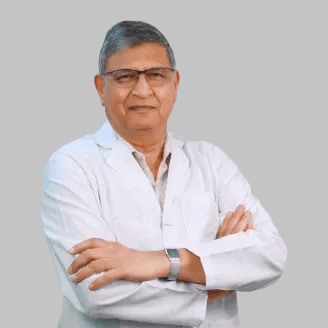
Dr. A Jayachandra
MBBS, DTCD, FCCP Special training in Med. Thoracoscopy Marseilles France
Pulmonology
View More -
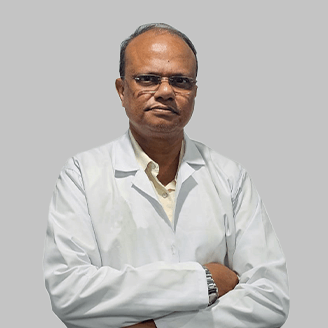
Dr. Anirban Deb
MBBS, MD (TB & Respiratory Diseases)
Pulmonology
View More -
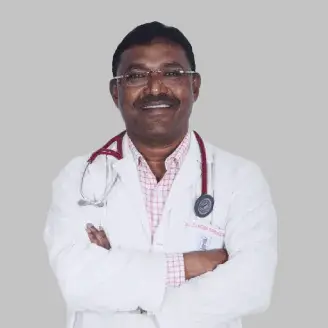
Dr. Damodar Bindhani
MBBS, MD (Chest & Respiratory Diseases)
Critical Care Medicine, Pulmonology
View More -
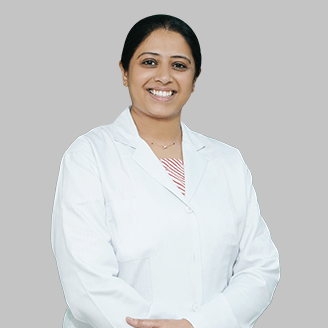
Dr. Diti V Gandhasiri
MBBS, MD, DNB (Respiratory Medicine)
Pulmonology
View More -
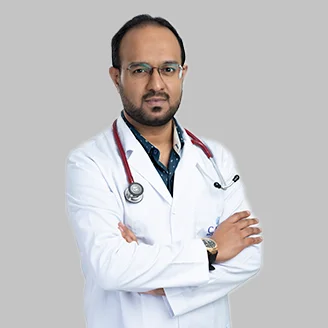
Dr. Faizan Aziz
Mbbs, MD Pulmonology, FIIP[ Fellowship In Interventional Pulmonology, Italy, Europe ]
Pulmonology
View More -
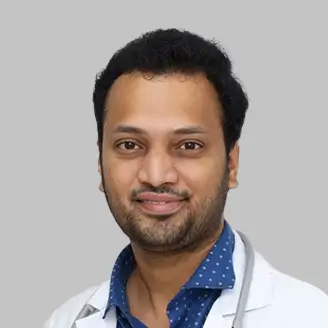
Dr. G. Anil Kumar
MBBS, DNB (Pulmonary Medicine)
Pulmonology
View More -
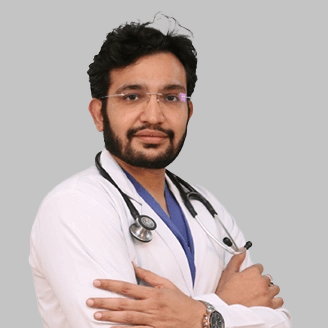
Dr. Girish Kumar Agrawal
DNB (Respiratory Disease), IDCCM, EDRM
Pulmonology
View More -
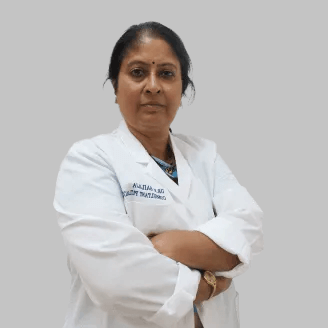
Dr. K Sailaja
MBBS, MD
Pulmonology
View More -
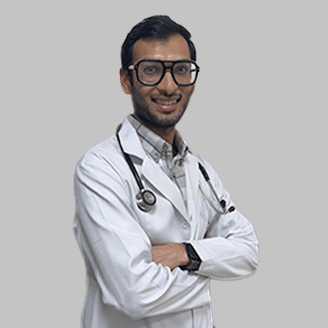
Dr. Ketan Malu
MBBS, DNB (Respiratory Medicine), EDARM (Europe), Fellowship in Respiratory Medicine (UK)
Pulmonology
View More -
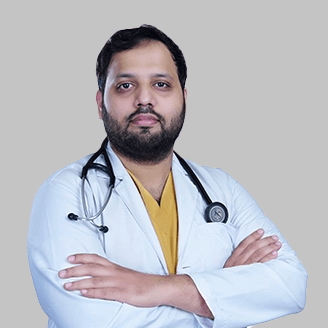
Dr. MD. Abdullah Saleem
iMBBS, MD, FCCP (USA)
Pulmonology
View More -
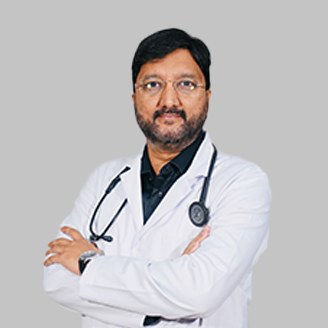
Dr. Mohammed Mukarram Ali
MBBS, DTCD, FCCP
Pulmonology
View More -
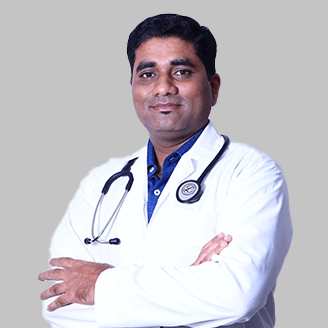
Dr. Nitin Chitte
MBBS, DNB (Pulmonary Medicine), EDARM (Europe)
Pulmonology
View More -
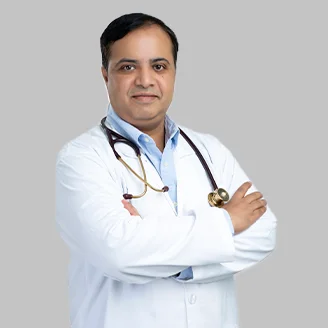
Dr. Sandeep Raj Bharma
MBBS, MD (Pulmonary Medicine), Fellowship (Pulmonary Medicine), Fellowship(sleep medicine)
Pulmonology
View More -
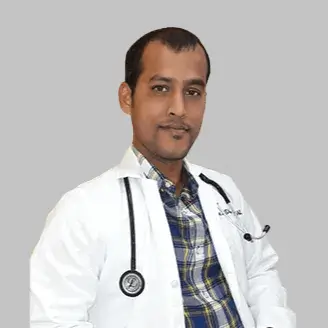
Dr. Sanjib Mallick
MBBS, MD Pulmonary Medicine
Pulmonology
View More -
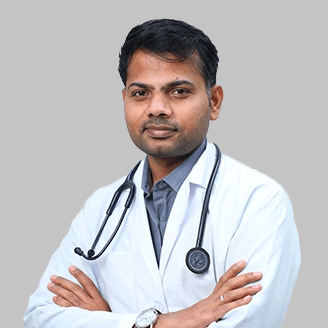
Dr. Sathish C Reddy S
MBBS, MD, DM (Pulmonary Medicine)
Pulmonology
View More -
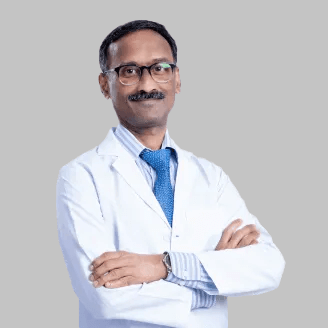
Dr. Sudheer Nadimpalli
MD (Resp. Med), MRCP (UK), FRCP (Edinburgh)
Pulmonology
View More -
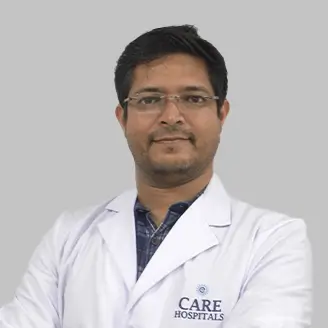
Dr. Suhas P. Tiple
MBBS, TDD, DNB (Respiratory Diseases), CTCCM (ICU Fellowship), CCEBDM
Pulmonology
View More -
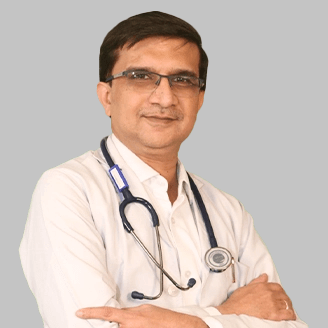
Dr. Sushil Jain
MBBS, DTCD, DNB
Pulmonology
View More -
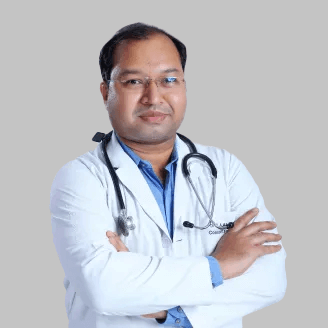
Dr. Syed Abdul Aleem
MBBS, DTCD, DNB (RESP. Diseases),MRCP (UK) (RESP. MED.)
Pulmonology
View More -
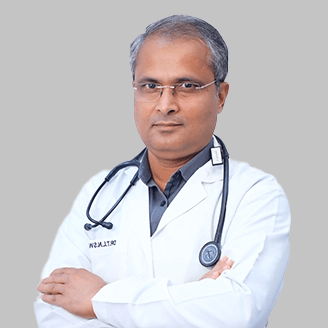
Dr. T L N Swamy
MBBS, MD (Respiratory Diseases)
Pulmonology
View More -
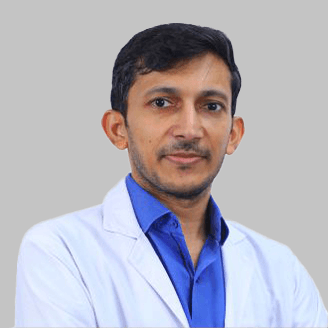
Dr. V N B Raju
MBBS, MD
Pulmonology
View More
Frequently Asked Questions
Couldn’t find what you were looking for?
Need any help? Get a Call Back.

Still Have a Question?

